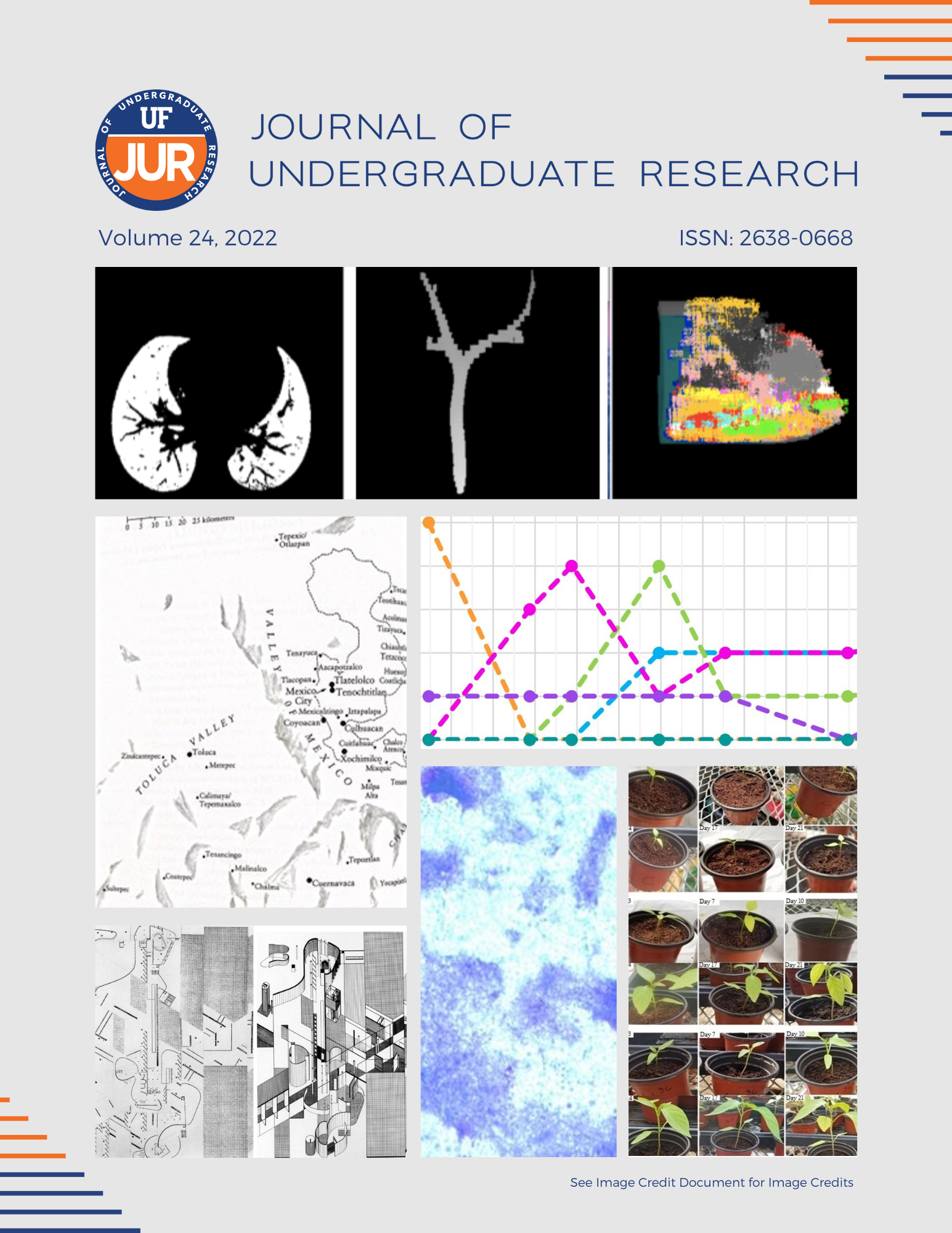Student Volunteer Ideal Type Formation in Community Gardens
DOI:
https://doi.org/10.32473/ufjur.24.130781Keywords:
community garden, college town, volunteer, ideal type, town-gown divideAbstract
A community garden (CG) is a piece of land in which community members come together to grow plants, often food. Historically, gardening programs in the United States have been a response to economic shocks, emphasizing personal responsibility by growing one’s own food to overcome economic issues. Frequently, their purposes include creating social capital and more sustainable food options, with many other ancillary benefits in health, education, value formation, and financial gain. Volunteers are necessary to achieve this. However, student volunteerism in a CG carries many challenges. College towns, including Gainesville, Florida, have a large proportion of transient college-aged residents because of the dominant role that a university holds in that city. These volunteers, being transient, may not contribute to or benefit from the community building central to a CG’s purpose. This is exacerbated by a town-gown divide, the long-standing tensions between the university and the rest of a city. This paper draws from field notes and informal interviews in a community garden located in a college town to investigate these issues. A Weberian ideal type model for student volunteers is constructed, identifying four key characteristics: consistency, willingness to learn, social competency, and self-sufficiency. This ideal type model is then compared to reality in the garden, providing insight into why universities should prepare student volunteers to maximize impact and bridge the town-gown divide.
Downloads
Published
Issue
Section
License
Copyright (c) 2022 Joseph Benjamin

This work is licensed under a Creative Commons Attribution-NonCommercial 4.0 International License.
Some journals stipulate that submitted articles cannot be under consideration for publication or published in another journal. The student-author and mentor have the option of determining which journal the paper will be submitted to first. UF JUR accepts papers that have been published in other journals or might be published in the future. It is the responsibility of the student-author and mentor to determine whether another journal will accept a paper that has been published in UF JUR.

